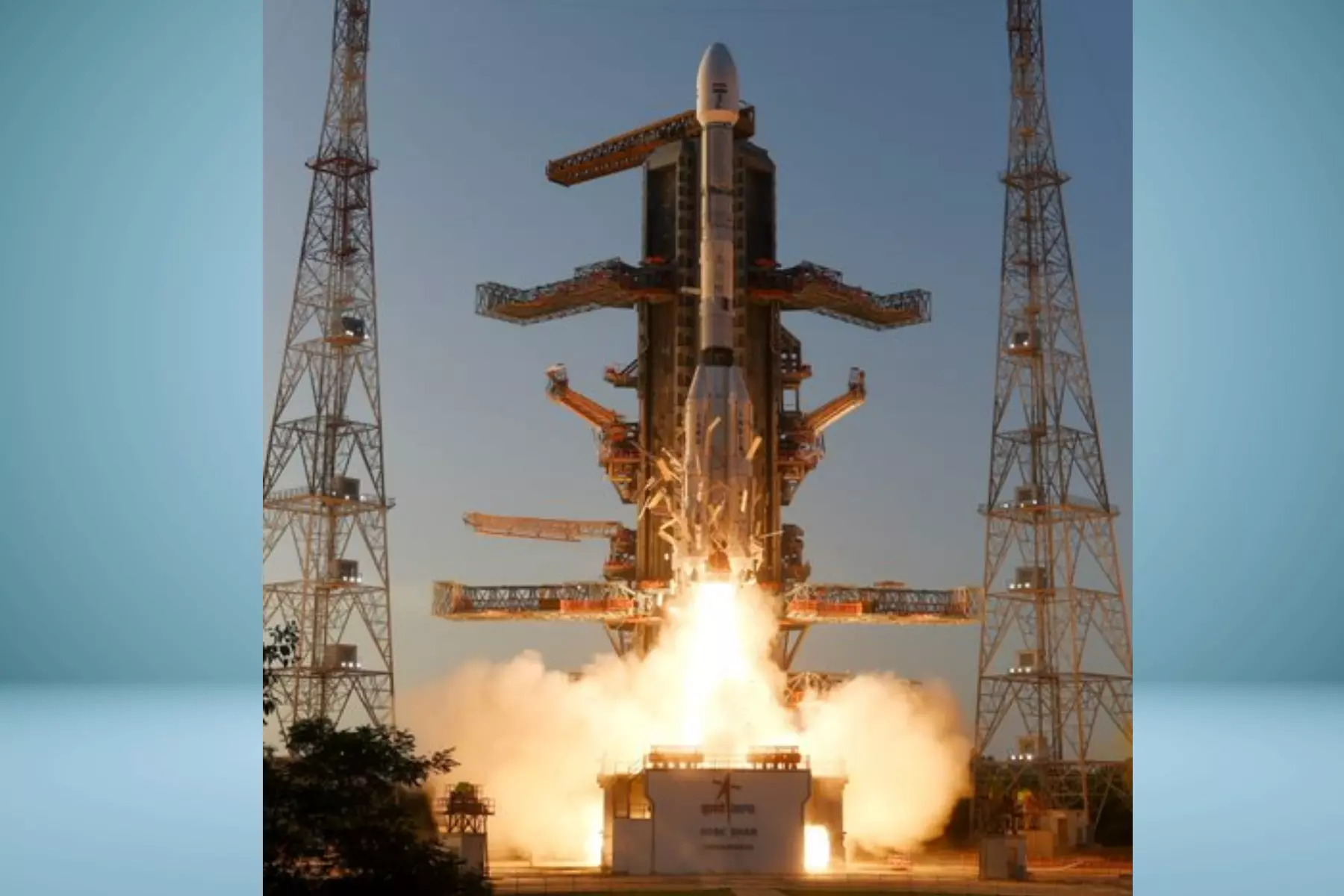
Explained: Implications of FDI policy changes in space sector approved by Centre
The FDI policy will enhance ease of doing business in the country, leading to greater FDI inflows and contributing to growth of investment, income, employment

The Centre on Wednesday (February 21) eased Foreign Direct Investment (FDI) norms in the space sector by allowing 100 per cent overseas investment in making components for satellites, as part of efforts to attract overseas players and private companies into the segment.
The decision was taken at the Cabinet meeting chaired by Prime Minister Narendra Modi.
Now, the satellite sub-sector has been divided into three different activities with defined limits for foreign investment in each such sector, according to an official statement.
The entry route for the various activities under the amended policy are as follows:
Up to 74% under Automatic route
This will apply to manufacturing and operation of satellites, satellite data products, ground segment and user segment. Beyond 74 per cent, these activities will remain under government route.
Up to 49% under Automatic route
This will apply to launch vehicles and associated systems or subsystems, creation of spaceports for launching and receiving spacecraft. Beyond 49 per cent, these activities will remain under government route.
Up to 100% under Automatic route
This will apply to manufacturing of components and systems / sub-systems for satellites, ground segment and user segment.
What is the existing FDI policy?
As per the existing FDI policy, FDI is permitted in establishment and operation of satellites through the government approval route only. In line with the vision and strategy under the Indian Space Policy 2023, the Union Cabinet has eased the FDI policy in the space sector by prescribing liberalised FDI thresholds for various sub-sectors / activities.
How will the economy benefit?
This increased private sector participation would help generate employment, enable modern technology absorption, and make the sector self-reliant.
It is expected to integrate Indian companies into global value chains.
Through the decision, the government seeks to liberalise the FDI policy provisions in the space sector by prescribing easy entry routes and providing clarity for overseas investments in satellites, launch vehicles and associated systems or subsystems, creation of spaceports for launching and receiving spacecraft and manufacturing of space-related components and systems.
Unlocking potential in space sector
The Indian Space Policy 2023 was notified as an overarching, composite and dynamic framework to implement the vision for unlocking India’s potential in space sector through enhanced private participation. The said policy aims to augment space capabilities; develop a flourishing commercial presence in space; use space as a driver of technology development and derived benefits in allied areas; pursue international relations, and create an ecosystem for effective implementation of space applications among all stakeholders.
New policy will enhance ease of doing business
The FDI policy will enhance ease of doing business in the country, leading to greater FDI inflows and thereby contributing to growth of investment, income, and employment.
With this, companies will be able to set up their manufacturing facilities within the country, duly encouraging Make In India initiatives of the government.
(With agency inputs)

